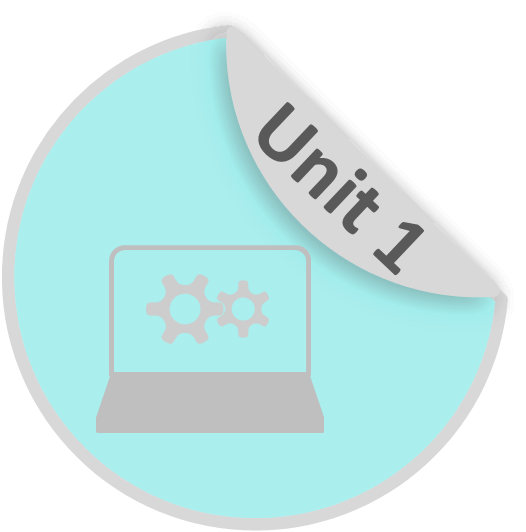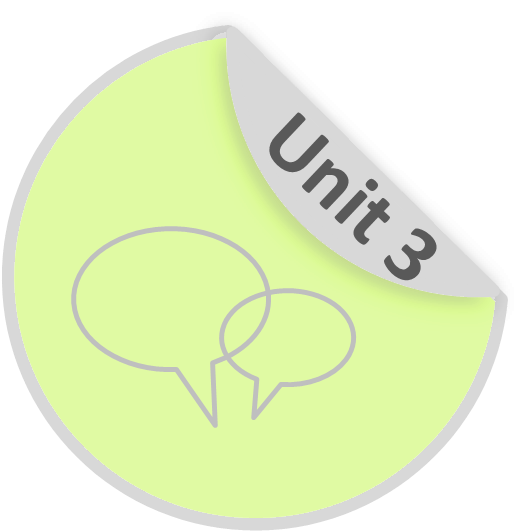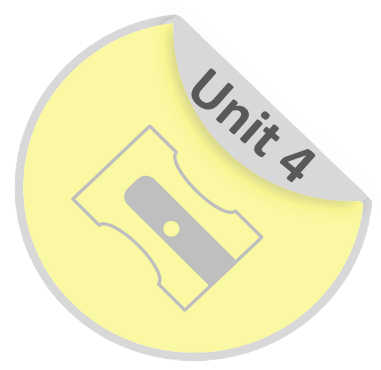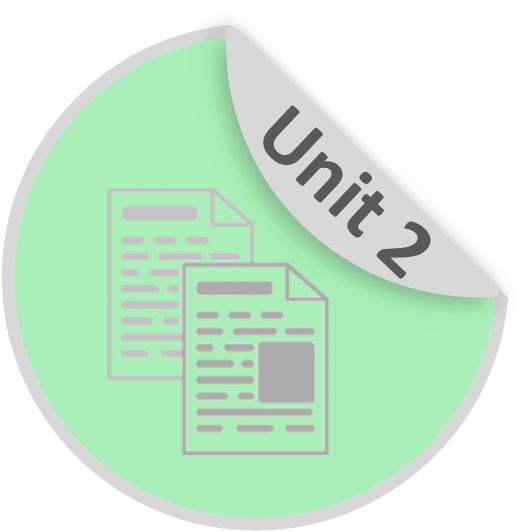CALMet Moodle Course for Educators and Trainers (Home)
Section outline
-
CALMet Moodle Course for Educators and Trainers

Developed by EUMETSAT, WMO, EUMeTrain, EUMETCAL, VLab, IMGW-PIB & MeteoFrance
In keeping with the aims of the WMO Global Campus, multiple organizations came together to the CALMet Moodle Course for Trainers and Educators in Earth sciences. This online course is delivered in a Moodle website following a self-paced mode, although it can be locally adapted for facilitated delivery. The self-paced format allows you to decide how much time to dedicate to the course and when to study. Once enrolled, you can engage at the level you like and make the course fit your schedule. You may follow the units in a sequence or choose only what to you want to learn. Each of the units has self-assessment items in the form of quizzes. If you achieve a sufficient score on all the quizzes in a unit you will be rewarded with a digital open badge.
-
 Design an effective learning environment
Design an effective learning environmentIn this unit, you will learn how to design an effective leaning environment for your students using Moodle. This unit is a self paced course and can be assessed. It will help you create a course guide and advice on "netiquette". We will also provide advice on how to use Moodle layout setup to create a clear, easily navigated interface.
-
There are various kinds of learning resources (e.g. videos, modules, books, presentations, etc.) that can be presented in many different ways inside Moodle. In this unit you will be introduced to many of them.
-
 Provide opportunities for dialogue and reflection
Provide opportunities for dialogue and reflectionConversations between peers and facilitators can have different purposes, levels of openness, visibility and timeliness. Participants can take various roles in a discussion, be evaluated for contributions or be asked to evaluate their peers. Moodle offers different activities to provide opportunities for dialogue and reflection and you will learn about them in this unit.
-
 Design Opportunities for Practice and Assessment
Design Opportunities for Practice and AssessmentA critical goal for training is to provide not just information, but opportunities for practice and assessment. Consider courses you have taken or delivered and recall the discussions, tutorials, practice exercises, cases and simulations, or reports and projects that made up the course. More than likely, it is these that contributed most to your learning. This unit treats how Moodle activities and tools can be used to provide practice activities, and also how to use these activities for assessment purposes.

